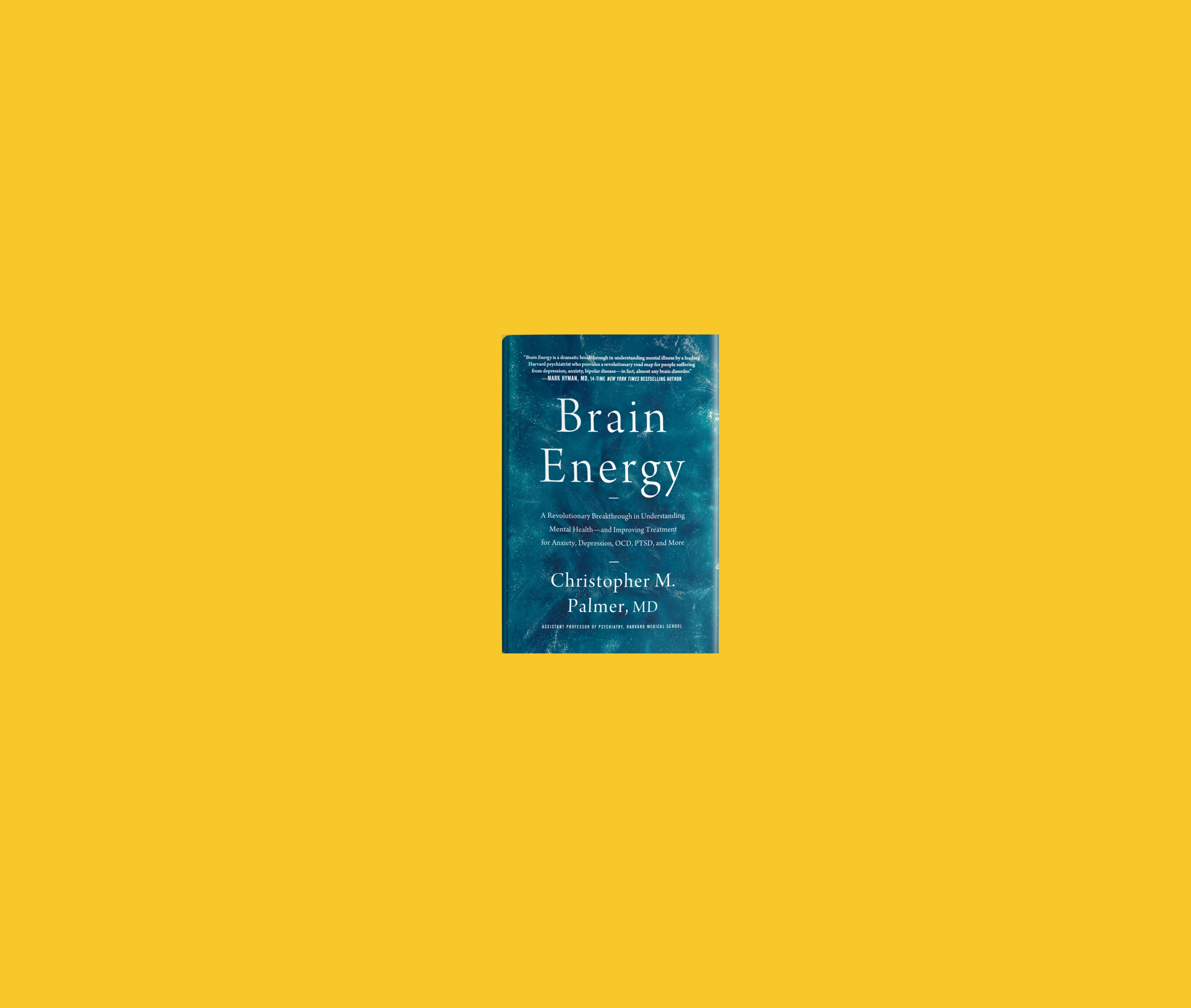
Brain Energy
Author Christopher M. Palmer, MD, a Harvard psychiatrist and researcher working at the interface of metabolism and mental health, is the director of the Department of Postgraduate and Continuing Education at McLean Hospital and an assistant professor of psychiatry at Harvard Medical School. For more than two decades, he has held leadership roles in psychiatric education at Harvard, McLean Hospital, and nationally. He spent more than fifteen years conducting neuroscience research in the areas of substance use and sleep disorders.
On top of these academic pursuits, he has continued to practice psychiatry, working with people who have treatment-resistant mental disorders using a variety of standard treatments. He has been pioneering the use of the medical ketogenic diet in the treatment of psychiatric disorders—conducting research in this area, treating patients, publishing academic articles, and speaking globally on this topic. Most recently, he has developed the first comprehensive theory of what causes mental illness, integrating biological, psychological, and social research into one unifying theory—the brain energy theory of mental illness.
Drawing on decades of research, he outlines a revolutionary new understanding that for the first time unites our existing knowledge about mental illness within a single framework: the mitochondrial-metabolic model, which explains the crucial metabolic component of mental disorders. Brain Energy explains this new understanding of mental illness in detail, from symptoms and risk factors to what is happening in brain cells. Palmer also sheds light on the new treatment pathways this theory opens up—which apply to all mental disorders, including anxiety, depression, ADHD, alcoholism, eating disorders, bipolar disorder, autism, and schizophrenia.
It also shows the clear connections between mental illness and disorders linked to metabolism, including diabetes, heart attacks, strokes, pain disorders, obesity, Alzheimer’s disease, and epilepsy; and the link between metabolism and every factor known to play a role in mental health, including genetics, inflammation, hormones, neurotransmitters, sleep, stress, and trauma.
